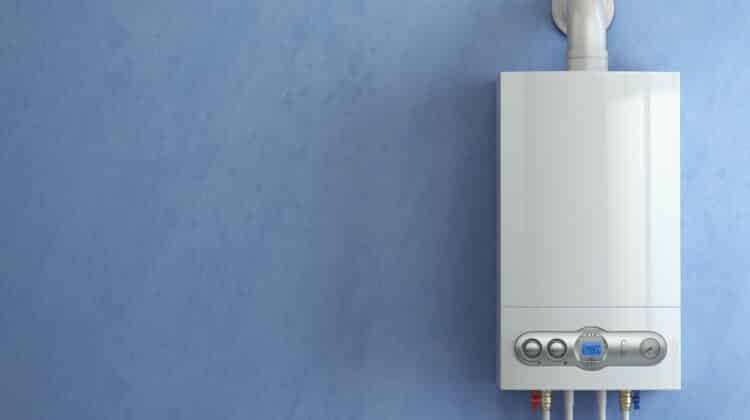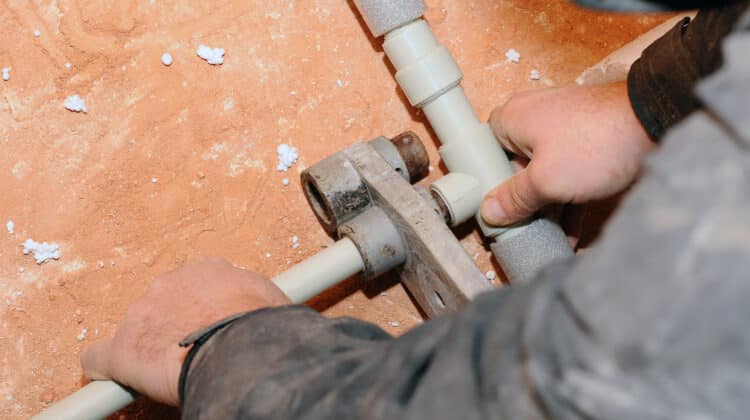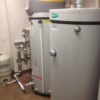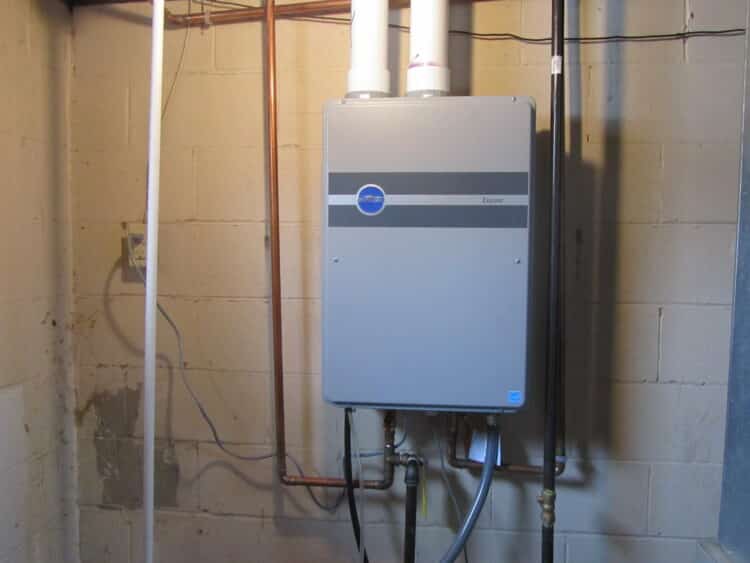
Because of its many benefits, CPVC is still widely used in plumbing. Even if it is still so popular and has a lot of advantages, there are some limits you can use this type of material to do.
That is why it is necessary to do some research before using CPVC in your DIY projects. We want to use this article to answer one of the questions on the jobs CPVC can do. Can CPVC be connected directly to electric water heaters?
Let’s break it down to arrive at the correct answer to this question.
Table of Contents
What Are The Different Types Of CPVC Pipes?
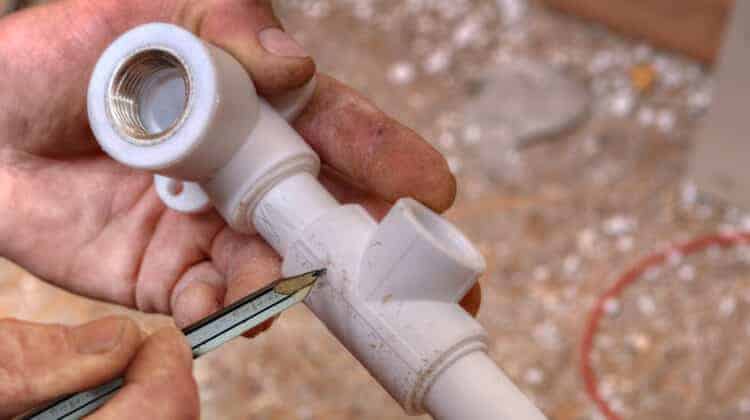
CPVC comes in two types.
- Schedule 40
- Schedule 80
Schedule 40 vs 80 CPVC Pipes: How Are They Different?
The term schedule when dealing with CPVC pipes refers to how thick the walls of the pipes are. Schedule 40 CPVC pipes have a thinner wall than schedule 80 CPVC pipes.
That means that schedule 40 CPVC pipes are not as strong as Schedule 80. But, they have the same thermal range and chemical resistance. We will apply this information to your hot water pipes in a bit.
Both types of CPVC (schedule 40 and 80) come in different sizes.
Now, let’s find out can CPVC be connected directly to electric water heater.
Can You Connect CPVC Directly To The Electric Water Heater?
I understand why so many people ask this question. When you start certain projects, you must ensure that they follow specific codes. Otherwise, you may create a safety hazard.
Using CPVC under some conditions can be dangerous. For example, let’s say you decide to connect CPVC to a gas water heater. Your plastic pipe must be at least six inches away from your water heater’s exhaust flue. That’s because CPVC is flammable. If it is too close to the flame, it presents a fire hazard.
The same does not apply to electric water heaters since it does not involve gas or a flame.
When manufacturers produce CPVC, they add another chlorination process. The added process gives it different properties. One of those properties allows an increase in the temperature of operation. So, schedule 80 CPVC pipes can withstand temperatures of up to 200 degrees (Fahrenheit).
How Hot Can The Water Get?
Most water heaters come with a default setting of 140 degrees (in Fahrenheit).
Will The Hot Water Damage CPVC Piping?
Exposing CPVC pipes to high temperatures can cause the pipes to soften. If the temperature gets too high, the CPVC pipe joints can also melt a bit. So exposing these pipes to too high temperatures all the time can cause damage. These damages can lead to leaks, and you will have to replace the pipes eventually.
But, you should know that CPVC pipes hot water lines can last up to 75 years. Some old homes still use the same CVPC hot water pipe installed with their original plumbing.
Water heaters also have a device called a thermostat. This item controls how hot the water in your water heater tank gets before it reaches the hot water outlet. You can set the temperature to match the temperature limit of CPVC pipes.
A water temperature of 120 to 180 degrees (in Fahrenheit) is a hot enough water supply. Water at these temperatures is suitable for CPVC hot water lines in your home and business place.
If you set your water temperature between 120 – 140 degrees, using schedule 40 CPVC pipes should not be a problem.
Can CPVC Prevent Electrocution?
If not installed well, your electric water heater can become a hazard. But the dangers it presents have nothing to do with the pipes. Although CPVC is not an electrical conductor, it cannot protect you from electrocution if your water heater is faulty. And having metal pipes will not cause electrocution either.
The danger is all in the installation.
As long as you isolate the electricity from your water, there is no risk of electrocution.
So, can CPVC be connected directly to an electric water heater to prevent electrocution? The answer is no.
Conclusion
CPVC is one of the best choices for electric water heaters. It is durable, safe, and designed to withstand extreme temperatures.
Can CPVC be connected directly to an electric water heater? The answer is yes.
